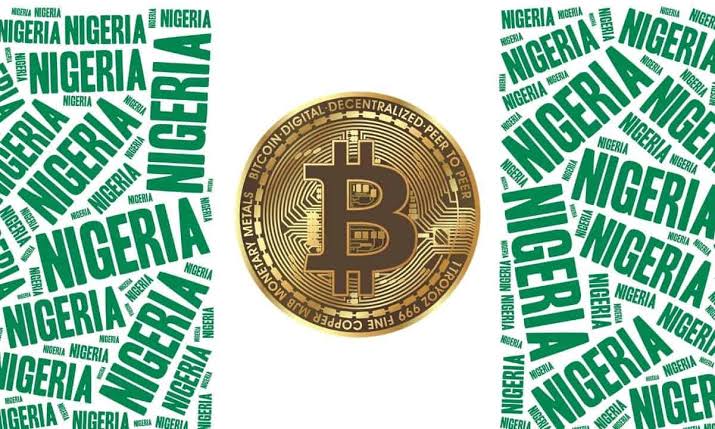Blockchain solutions and consulting company Convexity has released a study that shows how complicated the day-to-day crypto peer-to-peer market is in Nigeria, which is Africa’s biggest crypto market.
Peer-to-peer (P2P) markets are a common way for people in Nigeria to buy and sell coins. Users can trade directly with each other on these markets without needing an intermediary. Because of this, P2P markets are a cheaper and more convenient choice for many Nigerians since regulations make it hard for them to buy and sell cryptocurrencies in other ways.
The change in trade volume and adoption over the past few years is one of the most exciting things in the convexity study. From being third in the world in 2020 to being 18th in 2021 and finally 17th in 2022, there has been a clear drop.
But this is understandable, given that the Nigerian crypto business continues to work in an unfavourable environment.
Read also: 3 crypto platforms with Affiliate Marketing
More about the convexity study
Convexity conducted interviews and distributed survey forms targeted at key players, which include founders, investors, and traders with an average of over 4 years of experience in the industry, for the report.
Even though Nigeria’s ranking has gone down, the study says that it is still one of the most important markets for cryptocurrency adoption in Africa.
The convexity analysis indicates the country still wants cryptocurrency despite legislative and infrastructure issues.
According to the report, remittances help us. After Egypt, Nigeria receives the most remittances in Africa, according to World Bank data. The exorbitant cost of sending remittances through regular channels has made cryptocurrencies an enticing alternative, and their delivery speed has helped the P2P sector develop.
The country’s rapidly rising prices are another factor. According to the study, the Nigerian naira has lost value against major currencies like the US dollar for ten years. This is because of high inflation. Stablecoins like USDT, which are tied to the US dollar and keep their value, are becoming more popular. The exchange rate between naira and USDT has changed because of changes in demand and supply.
Cryptocurrencies are now a good option for Nigerians who want to keep their funds safe from inflation.
A big reason for its high attention is that most Nigerians are young. Nigerian youth are becoming interested in cryptocurrencies to trade and do business. This is helping digital currencies become more widely used as a way to pay.
According to the report, these and other reasons help make Nigeria one of the biggest markets in Africa for using cryptocurrencies, despite the Central Bank of Nigeria’s restrictions.
What next?
According to the report’s findings, the elements that have influenced the adoption and expansion of the P2P market in Nigeria are likely to keep reshaping the environment.
The National Bureau of Statistics says that the jobless rate in Nigeria is over 33.3%, and the unemployment rate for young people is over 42.5%. As long as unemployment, especially among young people, stays high, more and more young people will see crypto trading as a way to make money.
The recent launch and expected implementation of the National Blockchain Policy may indicate the government’s willingness to analyse and review its regulatory stance continuously, and P2P trading’s continued growth and adoption are expected to increase financial inclusion and empowerment.
To ensure security, reliability, and accessibility, P2P trading systems must be studied and improved.
